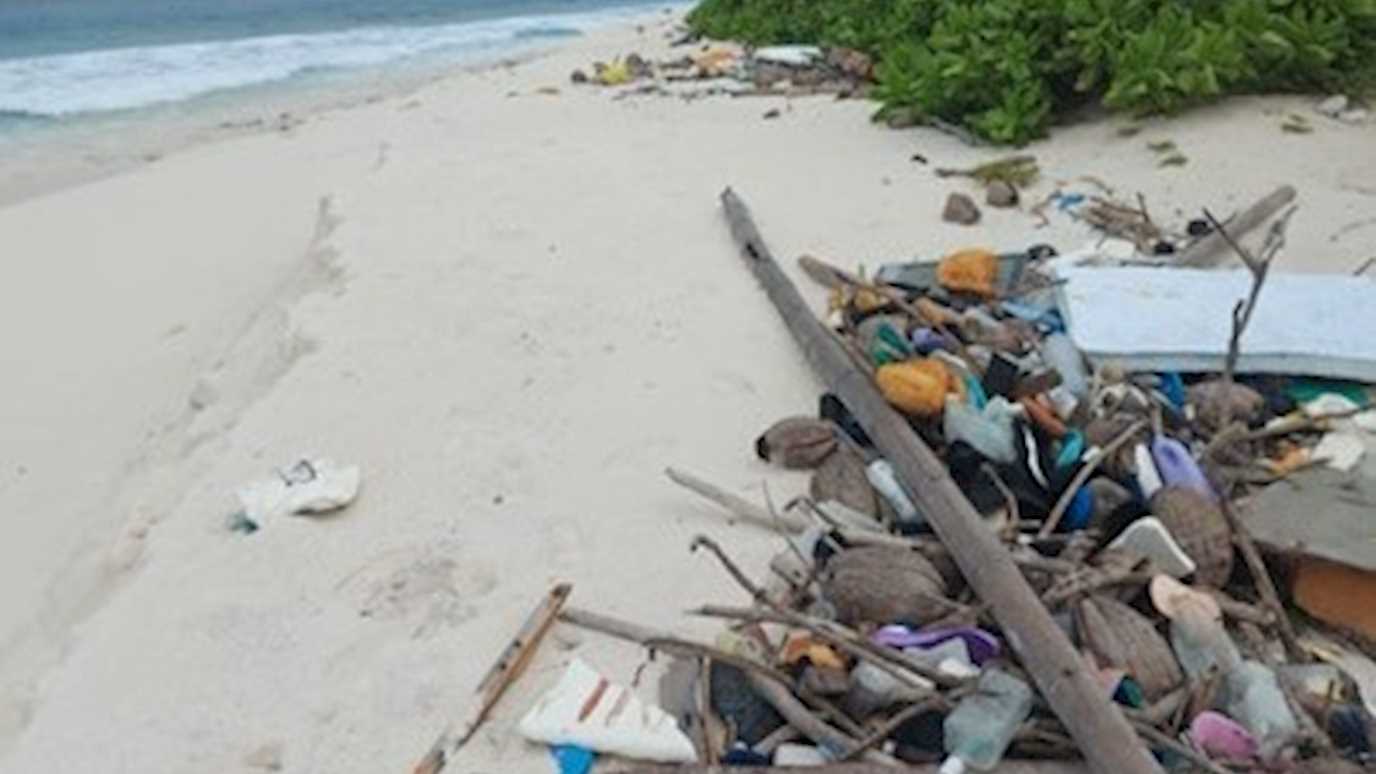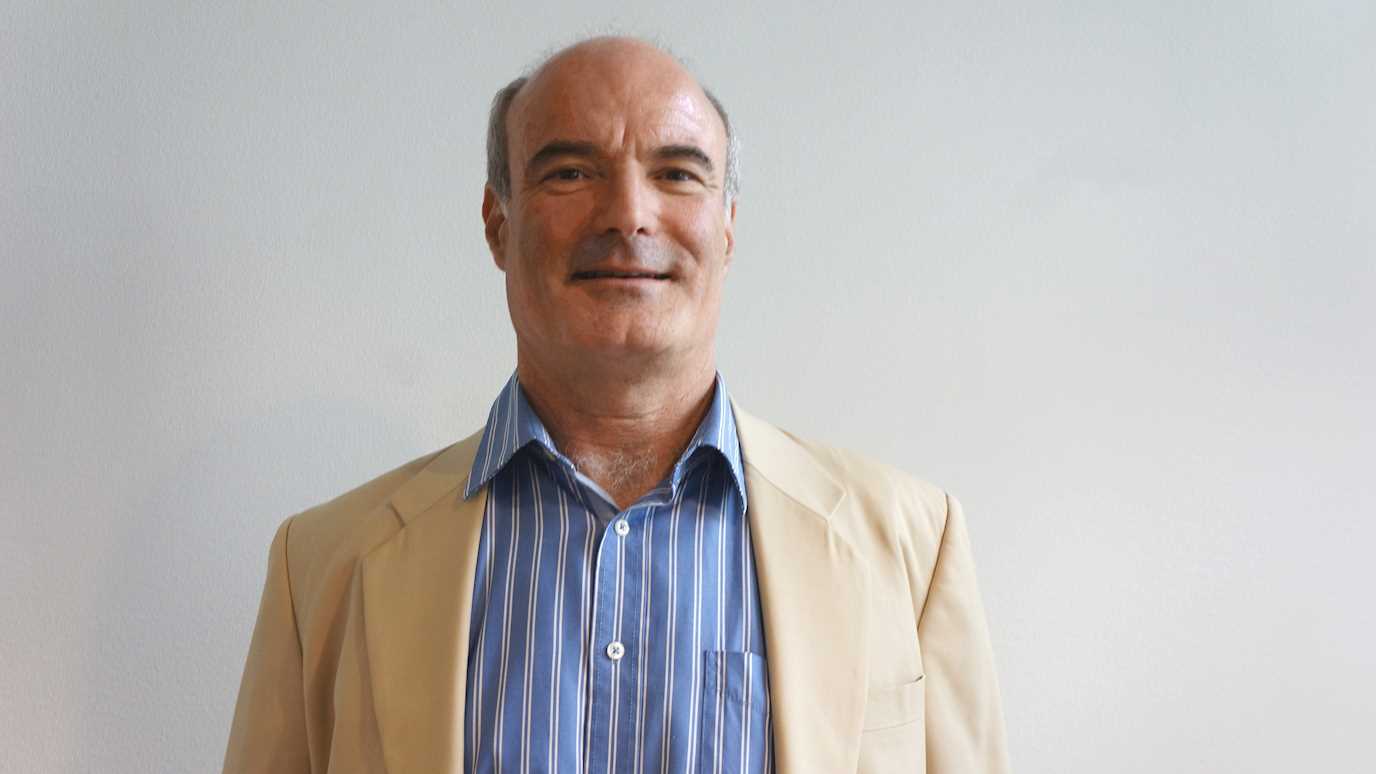A new study has found that 72% of items washing up on the shores of small remote, protected islands, are manufactured by major brands Danone and Coca-Cola Company, causing untold pollution to the area.

The report, by academics at Royal Holloway and ZSL, found that 99.9% of items originated from outside of the region, with more than 2,000 plastic bottles and lids on a remote and protected archipelago from big brands and others, creating a wasteland for wildlife.
With ongoing global discussions taking place to tackle plastic pollution the team behind the study have called for international policies to ensure manufacturers producing plastic washing up on remote shores are held accountable for cleaning-up their products.
The team, led by ZSL and Royal Holloway, used information on bottles and lids washed up on beaches in the Chagos Archipelago in the Indian Ocean to carry out the first investigation into the origins of the plastic pollution on the islands, seeking to understand where the items came from and who manufactured them.
The majority of items were identified to have been created in Indonesia, China and the Maldives by big food and drinks brands, with 44% of the products coming from Danone and another 28% from the Coca-Cola Company – highlighting how action to tackle plastic pollution from just a few key players could have a major positive impact.
In addition to identifying where the items were manufactured, the team also estimated that 10% of the washed-up items had come from ships passing through the archipelago – shining a spotlight on the need for stronger enforcement of responsible disposal of waste by those using the waters.
The Chagos Archipelago is one of the largest Marine Projected Areas in the world, providing a home for over 300 species of corals and 800 fish. Despite only 1 of the 55 islands being currently inhabited, the area is heavily polluted by plastic debris. Limited access to waste management and high costs associated with regular clean-up makes these remote islands especially vulnerable to the build-up of plastic, and have detrimental impacts on marine wildlife. For example, debris washed up on nesting beaches can dissuade turtles from laying eggs, or seabirds can become entangled in plastic bags or netting.
The study’s identification of external sources of plastic pollution are key for informing action to tackle this global issue – including ongoing negotiations by the United Nations for a Global Plastics Treaty.
With negotiations due to end in December, the Treaty aims to address plastic pollution from production to disposal. Having shone a spotlight on the impacts that external sources and major brands can have on a key protected area, the study underlines the need for the Treaty to include both improved traceability of plastic products, and Extended Producer Responsibility: a policy that will make manufacturers responsible for their products across their entire lifecycle. This will ensure that the burden of clean-up does not fall on the small island nations that are disproportionately affected by the pollution.
The work also serves as an important reminder for the need to reduce usage of single-use plastics, such as drinks bottles. By designing products to be reusable it becomes easier for members of the public to choose more suitable options and take actions in their everyday lives to help tackle this issue that impacts people and wildlife globally.
Jessica Savage, the study’s lead author and dual researcher at ZSL’s Institute of Zoology and Royal Holloway, said: “Our study adds to the growing evidence that a small number of multinational food and beverage companies are responsible for the majority of the plastic debris washing up on remote shores. We hope that the Global Plastics Treaty supports Extended Producer Responsibility, and that the brands highlighted in this study engage in plastic reduction solutions.”
























